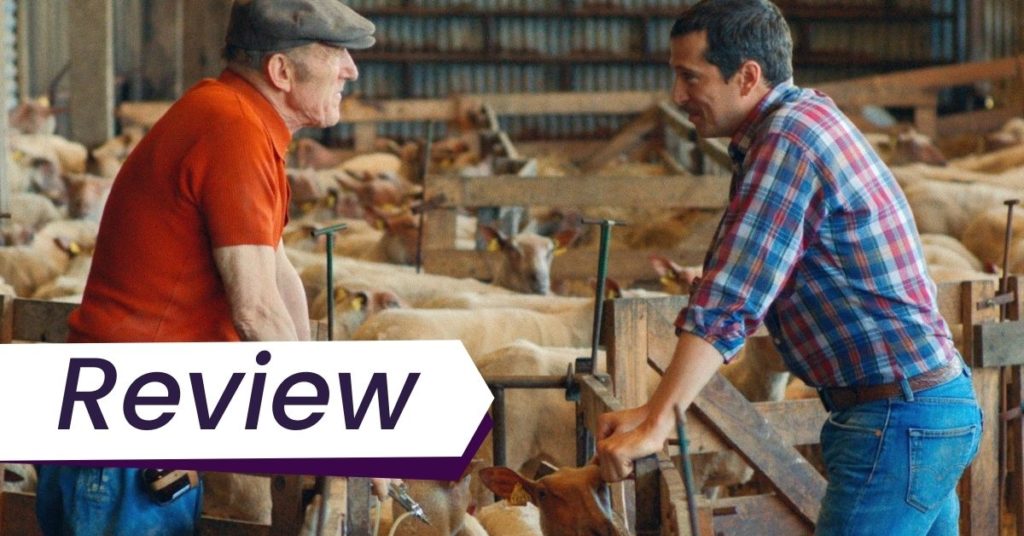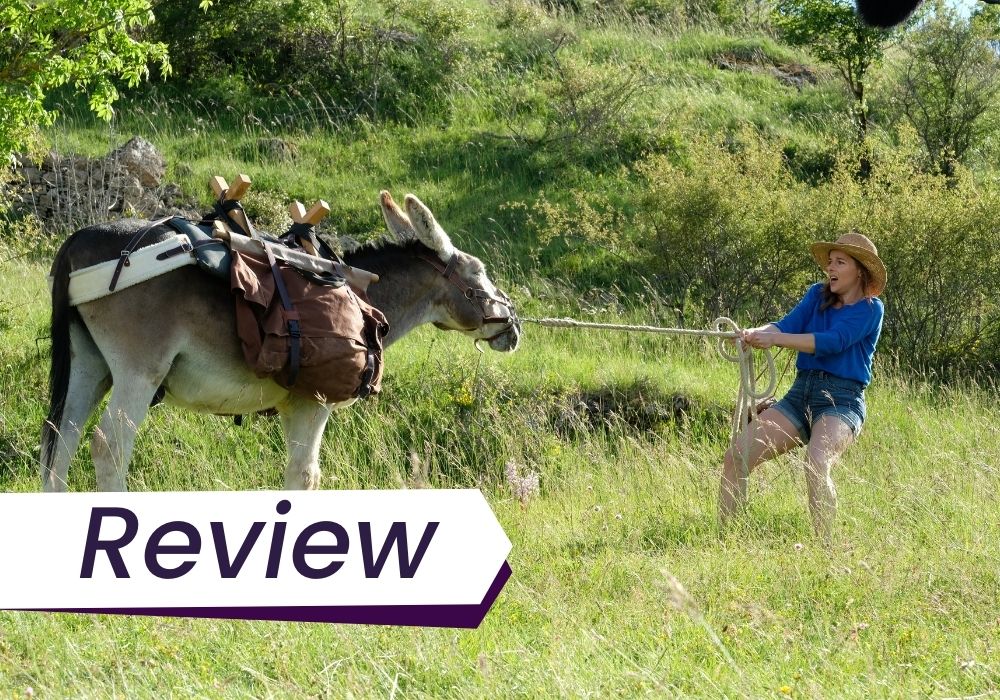Au nom de la terre (In the Name of the Land) tracks farmer Pierre Jareau as he struggles with increasingly crippling debt and his mental health declines. The film screens at Cinefranco on Nov 28.

Discover one film you didn’t know you needed:
Not in the zeitgeist. Not pushed by streamers.
But still easy to find — and worth sitting with.
And a guide to help you do just that.
Farming is a stressful business in the Guillaume Canet-starrer Au nom de la terre. Based on a true story, Canet stars as Pierre Jareau, whose youthful idealism leads him to start a farming business with his wife, Claire (Veerle Baetens). Because his often nasty father, Jacques (Rufus), refuses to give him the family farm as an inheritance, Pierre and Claire purchase it from Jacques, which puts them in debt that they spend the rest of their lives trying to cope with. Most of the film takes place 20 years after the land purchase when financial troubles abound and every attempt to get ahead seems to put them in further debt.
The modern financial and emotional struggles of the entrepreneurial farmer has been the subject of many recent films, from The Levelling, which begins with a suicide, to God’s Own Country, where the prospects seem bleak, to Percy, where small-time farmers are at the mercy of large GM organisations. While all three of these films start somewhere bleak and follow the protagonists as they find a way to make things work, despite hardship, Au nom de la terre takes the opposite tack, plummeting the Jareaus into deeper debt, greater stress, and more profound unhappiness.
The farm is Pierre’s dream and also his sole burden to carry, but it puts a strain on the entire family: his wife’s accounting job pays all of their bills, and his son, Thomas (Anthony Bajon), is hoping to find a way to get out of the family business without hurting his father. At first, Pierre thinks up ambitious schemes that cause bigger and bigger debt with the hopes of larger returns in the future. But it seems like everything that could go wrong does go wrong until Pierre sinks into a deep depression, fracturing his marriage and his family.
Au nom de la terre is both a bracing reminder of the mental health crisis that pervades the French farming community — the end titles inform us of the high suicide rate — and a rare sensitive look at a man coping with depression with no desire to change things and the heartbreaking effects it has on him and his family. It’s a showcase role for the always compelling Canet, who charts Pierre’s slow descent into crippling paralysie.
You could be missing out on great films like Au nom de la terre at virtual cinemas and film festivals near you.
Subscribe to the Seventh Row newsletter to stay in the know.
Subscribers to our newsletter get an email every Friday which details some of the best new streaming options in Canada, the US, and the UK.
Click here to subscribe to the Seventh Row newsletter.




